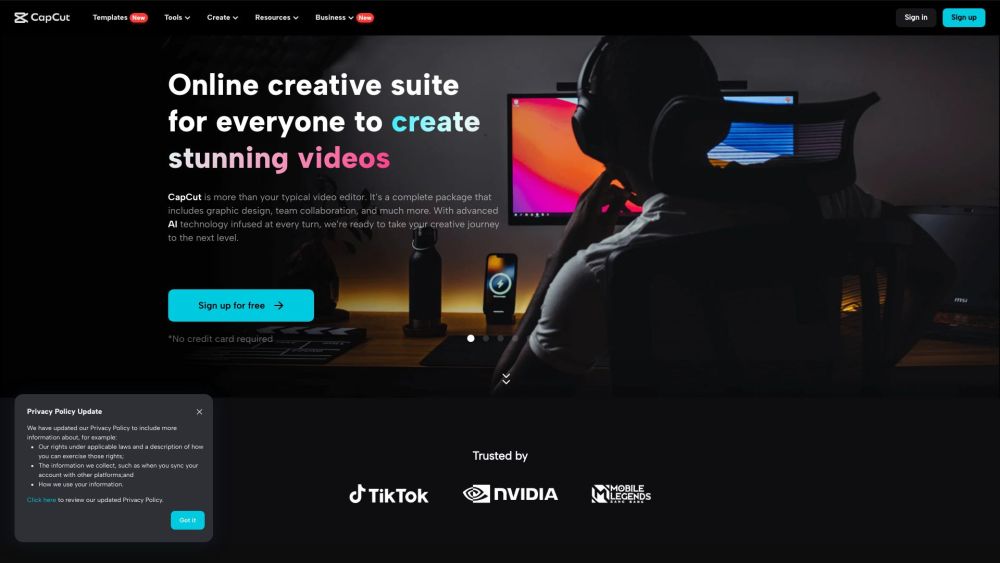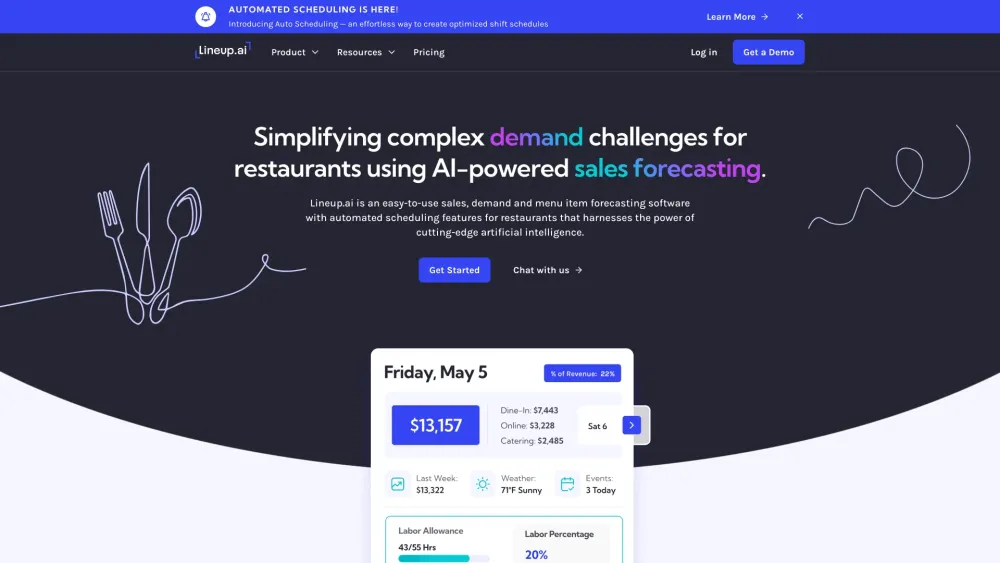Rivos captured attention in 2022 when Apple filed a trade secrets lawsuit, alleging that Rivos poached numerous Apple engineers and misused confidential information to develop competing chips against Apple’s products. Rivos firmly denied these claims and countersued Apple for unfair competition. In February, Apple settled its lawsuit and concluded separate litigation with several engineers it had lost to Rivos.
With the legal disputes behind them, Rivos is now focusing on launching its chipset technology, as stated by CEO Puneet Kumar. “Rivos was established with the goal of creating industry-leading, power-efficient, high-performance chips,” Kumar remarked. “We are eager to engage with customers building data-centric solutions.”
To support these initiatives, Rivos recently secured over $250 million in an oversubscribed extended Series A funding round led by Matrix Capital Management. Noteworthy participants included renowned chip manufacturers such as Intel (via its corporate venture capital division) and MediaTek, alongside investors like Cambium Capital, Hotung Venture Group, Walden Catalyst, Dell Technologies Capital, and Koch Disruptive Technologies.
This marks a strong recovery for Rivos, which was founded in 2021 and faced challenges in attracting investors and talent amidst the Apple lawsuit. A year ago, Rivos had to lay off nearly two dozen employees—about 6% of its then-small workforce—and postponed plans for a $400 million Series A fundraising round, as reported by The Information.
A Custom Server Chip Focus
Kumar emphasized Rivos' long-term vision to develop chips tailored for servers, capable of handling demanding data analytics and AI tasks, particularly generative AI workloads. “We’re concentrating on clients who create data-driven solutions that leverage generative AI and analytics for informed decision-making,” he noted. “Numerous companies are exploring these markets; Rivos meets the high hardware requirements fundamental to the AI models that will transform enterprises.”
The inaugural chipset from Rivos utilizes RISC-V, an open-standard instruction set architecture (ISA).
ISAs serve as the technical foundation underpinning every chip, dictating how software interacts with hardware. Typically, chip design teams license ISAs from established providers like Arm or Intel for general-purpose computing. RISC-V, however, offers a royalty-free, open alternative.
Rivos’ chip incorporates what Kumar calls a “data parallel accelerator,” enhancing performance for AI and big data operations—essentially a GPU engineered for broader applications beyond mere graphics. Fabricated using TSMC’s advanced 3nm process, this chip technology is among the latest industry standards. While major players such as Qualcomm, MediaTek, Nvidia, and AMD plan to adopt this process in upcoming chip series, Apple was the sole user in 2024 for its M3 chipset family.
In conjunction with chip design, Rivos is developing self-contained data center hardware adhering to the Open Compute Project's modular standard to facilitate easy installation. Additionally, they are creating a "firmware-to-app" software stack for programming the chip. “Our efficient hardware allows customer workloads to be deployed with minimal transition, utilizing their existing models and databases, providing immediate value,” Kumar added.
Currently pre-revenue, Rivos intends to monetize its operations by charging large data center operators for its hardware and corresponding software solutions. Early investor David Goel remarked that Rivos’ "low-friction" adoption approach sets it apart in the competitive chip market. “The Rivos team effectively combines the innovative RISC-V architecture with a unique accelerator, bringing this concept to fruition,” Goel noted.
Navigating Stiff Competition
Despite its potential, Rivos faces significant challenges. Major technology firms, a potential customer base for Rivos, are rapidly developing their in-house chips for AI and big data as the demand for generative AI continues to surge.
For instance, Google is advancing its fifth-generation TPU and has recently unveiled Axion, its first dedicated chip for model execution. Amazon boasts several custom chip families, while Microsoft introduced the Azure Maia AI Accelerator and Azure Cobalt 100 CPU last year. Additionally, Meta is making gradual progress in its own chip designs.
The competitive landscape is further crowded with numerous startups vying for a share of the burgeoning custom data center chip market, projected to reach $10 billion this year and potentially double by 2025. Companies like Groq, which is creating chips optimized for AI performance, have pivoted to address enterprise needs. Similarly, Tenstorrent, led by renowned engineer Jim Keller, aims to embed its chipsets in data centers, while Rebellions, a South Korean AI chip startup, raises substantial capital to enhance production of its Atom chip.
Nvidia, currently a dominant force in the chip sector, poses a formidable barrier to new entrants. This year, Nvidia briefly peaked at a $2 trillion market valuation due to soaring demand for its AI training GPUs. Wells Fargo Equity Research estimates Nvidia commands a staggering 98% market share for data center GPUs. The company reported a more than 400% growth in its data center business in Q4 2023 and is establishing a new division focused on bespoke chip design for cloud providers.
Given the intense competition—and Nvidia’s stronghold creating a challenging funding environment for potential rivals—custom server chip startups have faced hurdles. Graphcore recently announced significant layoffs following a valuation drop of $1 billion after a deal with Microsoft failed. Similarly, Intel-owned Habana Labs let go approximately 10% of its workforce last year, and RISC-V startup SiFive reduced its workforce by 20% while halting its main product line.
So, does Rivos have the resilience to excel?
Kumar did not disclose specific customer details, and Rivos anticipates its chip will not be mass-produced until next year. However, with 375 employees and substantial funding at their disposal, Rivos is poised to enhance manufacturing capabilities and strengthen its platform and software engineering efforts. "As generative AI rapidly evolves alongside data analytics, it's essential for accelerators to be user-friendly for programming and debugging, ensuring seamless data transfer between the CPU and accelerator,” Kumar stated. “Rivos addresses this requirement through our ‘recompile-not-redesign’ approach.”




